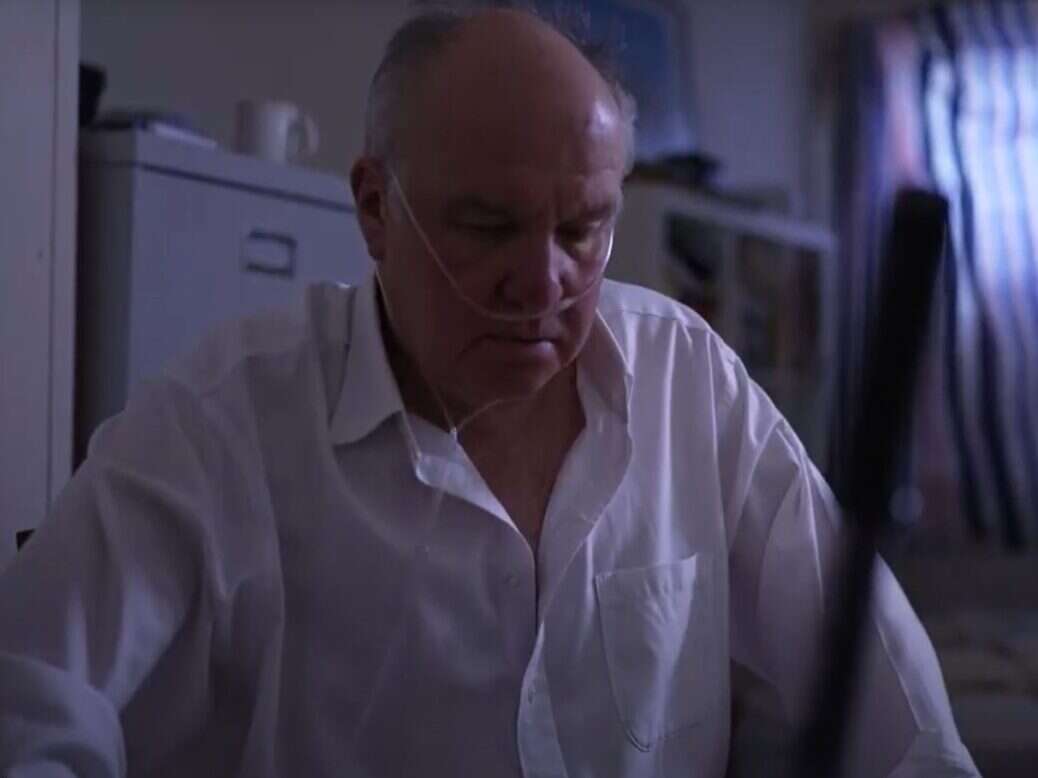
A veteran UK foreign correspondent says he is stranded in Australia after receiving life-changing injuries as a result of being “tricked” into taking part in a medical trial.
Robert Cockburn, who has reported for titles including The Times and BBC, is currently retired and has released a self-published documentary about his experience taking part in a medical study: Breathtaking: Human Research Crime.
He says taking part in the trial has left him with limited mobility and rendered him largely housebound.
In 2018 Cockburn says he took part in a study at Sydney University’s Woolcock Institute of Medical Research for his asthma.
As a part of this study two devices were installed in his home.
After using one of the devices he says he was left “flattened, dazed, unable to breathe properly”. He says he was later diagnosed with dysfunctional breathing, migraines and high blood pressure.
He feels he was not adequately informed of the experimental nature of the devices and any potential side effects.
Cockburn instigated a formal clinical trial investigation in 2019 led by the then-chief executive of the Sydney Local Health District (SLHD), Dr Teresa Anderson.
This investigation found that the trial Participation Information Statement omitted some information that ideally should have been included, he says.
Cockburn felt this investigation did not go far enough and believes there has been a “media blackout” in Australia over his case.
He told Press Gazette: “No one was held to account. No public health warnings were given to the thousands of ordinary people who volunteer to test medical products.
“In five years the Australian media, bar one story in the Sydney Daily Telegraph, has rejected the story despite its full official documentation by me and the need to warn the public. Trial volunteers are still kept ignorant of the dangers.
“The film was very hard to make, not least because I have to wear sunglasses most of the time and can’t go out now when it’s over 22C. I think I’ve made the scariest film in Australia as far as the medical devices trade goes.”
Cockburn said mobility issues and limited funds leave him unable to return to the UK.
The Woolcock Institute said in a statement: “The Woolcock has cooperated at each stage of investigations into this matter and all formal enquiries into these investigations that have been taking place over five years.”
Email pged@pressgazette.co.uk to point out mistakes, provide story tips or send in a letter for publication on our "Letters Page" blog
